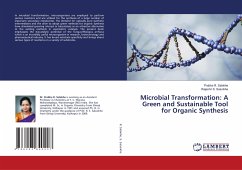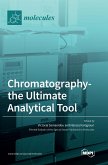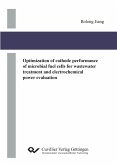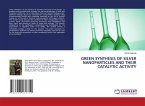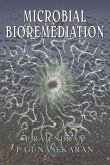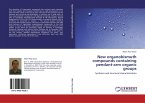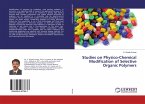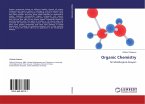In microbial transformation, microorganisms are employed to perform various reactions and are utilized for the synthesis of a large number of important secondary metabolites. The demand for optically pure synthetic intermediates and the drive to adopt green methods for organic synthesis have stimulated growing interest in biocatalysis as an attractive alternative to the existing methods in asymmetric catalysis. The present book emphasizes the biocatalytic potential of the fungus Rhizopus arrhizus which is an incredibly useful microorganism in research, biotechnology and pharmaceutical industry. It has broad substrate specificity and brings about various types of reactions on a variety of substrates.

